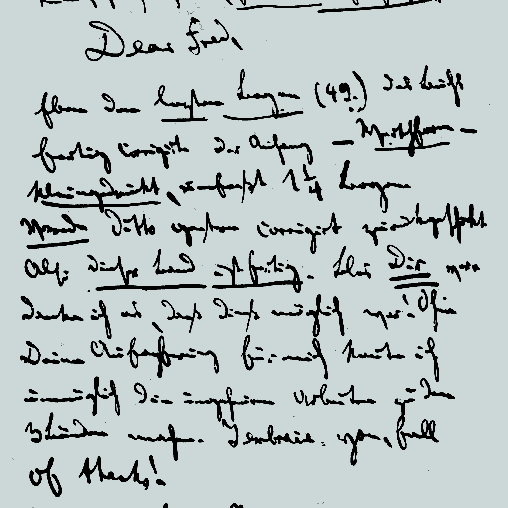Marxist Adventures in Poetry
Lecturer: Elena Gomez

Poetry is a form that responds to the conditions of the world it is made from, but the specifics of these conditions can only become clear through a Marxist analysis. Marxist responses to poetry have been historically uneven and shaped by their own historical conditions and contradictions. This course is interested in Marxism as a framework for reading and thinking about poetry. It considers historic developments of Marxist theory alongside poetic inquiry and the relationship between poetry and social movements. Not programmatic, nor didactic, this course seeks to articulate Marxism as a mode of thinking alongside poetry as a mode of thinking. Topics will include genealogies of Marxist feminist poetry, totality and metabolism in Marxist ecopoetics and poetry and finance. The course will comprise weekly one-hour lectures followed by one-hour collective close readings and analysis, with an emphasis on process – the process of reading, the process of collective meaning-making, the process of capitalism-in-motion. Students are invited to share poetry they encounter or enjoy in relation to these themes to discuss as a class. We will set aside extra time in the final week to share poetry that illuminates some of the themes and ideas from the course.
Week 1: What Are We Even Doing Here?
We begin with questions about methodology. What are the methods and principles of a Marxist poetics and what is the relationship of labour, value, production and circulation to poetry? Why are we interested in Marxist analysis today?
Readings
- ‘The Other Minimal Demand’ by Joshua Clover and Chris Nealon in Communism and Poetry (2019)
- ‘Introduction’ from The Politics of Style by Dan Hartley
- Work by Brandon Brown (excerpt)
Week 2: Marxist Feminist poetics
Marxist feminism emerged in 1970s Italy and the US in response to worker-led movements, and developed analyses of value and in relation to gendered and unwaged reproductive labour. This week focuses on the articulations of these concepts in poetry by Diane di Prima and Bernadette Mayer and the hidden political implications of ‘love’ and ‘care’.
Readings
- ‘Midwinter Day’ by Bernadette Mayer
- Revolutionary Letters by Diane di Prima (excerpts)
- ‘Hidden Abodes and Inner Bonds: Literary Study and Marxist-Feminism’, Amy De’Ath
- Salvage interview with Kay Gabriel
Week 3: Marxist Ecopoetics
As we face imminent and current climate crises, the question of how to respond has become an urgent one: with ecofascists proposing population control, green capitalism offering market-based solutions, a Left solution that addresses the role of capitalism and the uneven, exploitative relations of global economics must be articulated. In the growing field of ecocriticism, responses often seek to solve a problem or appeal to the ‘function’ of art in social solution. Both Marxist analysis and poetry offer the complexity and possibility of social connection that a collective and comprehensive response to climate crises must entail.
Readings
- ‘The Morality of Improvement’ in The Country and the City by Raymond Williams
- lood Snow by dg nanouk okpik (excerpt)
- ‘Dynamic Positioning’ by Juliana Spahr
Week 4: Poetry & Revolution
This week we will explore the role of poetry in revolutionary moments from history. We will think about the limits and possibilities in poetry and the relationship between its place in the literary economy and its attendance to movements that emerge outside mainstream politics.
Readings
- ‘“If I write a Love poem it’s against the police”: The Abolitionist Poetics of the Riot’ by Andrew Brooks and Astrid Lorange
- ‘The Realization of Poetry’ by Juliana Spahr, Joshua Clover and Jasper Bernes https://jacket2.org/commentary/realization-poetry-0
- Sean Bonney, Our Death (excerpt)
- ‘Something is Coming Towards Us’ by Alli Warren
Week 5: Caribbean Poetics and Tensions in Marxist Poetics
This final week will touch on some of the complications of a Marxist approach: its limits and relations to other disciplines. In particular, we explore the poetics of the Caribbean as a site of ecological and anticolonial thinking and Marxism via Aime Cesaire. We will also have a chance during this final session for open discussion about the preceding weeks, and for students to share poetry that excites or challenges them in some way.
Readings
‘Notebook from a Return to my Native Land’ by Aime Cesaire (excerpt)
‘Prologue’, Decolonial Ecology: Thinking from the Caribbean World by Malcom Ferdinand
